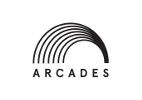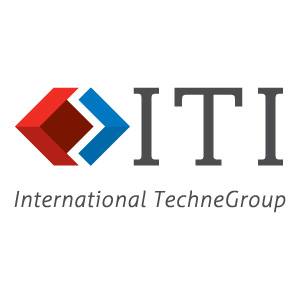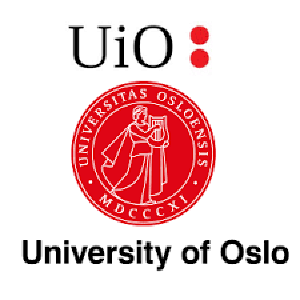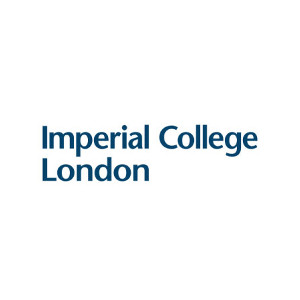
For more details please visit the dedicated page for GRAPES
GRAPES is the natural continuation of ARCADES. GRAPES aims at considerably advancing the state of the art in Mathematics, Computer-Aided Design, and Machine Learning in order to promote game changing approaches for generating, optimising, and learning 3D shapes, along with a multisectoral training for young researchers. Recent advances in the above domains have solved numerous tasks concerning multimedia and 2D data. However, automation of 3D geometry processing and analysis lags severely behind, despite their importance in science, technology and everyday life, and the well-understood underlying mathematical principles. The CAD industry, although well established for more than 20 years, urgently requires advanced methods and tools for addressing new challenges.
The scientific goal of GRAPES is to bridge this gap based on a multidisciplinary consortium composed of leaders in their respective fields. Top-notch research is also instrumental in forming the new generation of European scientists and engineers. Their disciplines span the spectrum from Computational Mathematics, Numerical Analysis, and Algorithm Design, up to Geometric Modelling, Shape Optimisation, and Deep Learning. This allows the 15 PhD candidates to follow either a theoretical or an applied track and to gain knowledge from both research and innovation through a nexus of intersectoral secondments and Network-wide workshops.
Horizontally, our results lead to open-source, prototype implementations, software integrated into commercial libraries as well as open benchmark datasets. These are indispensable for dissemination and training but also to promote innovation and technology transfer. Innovation relies on the active participation of SMEs, either as a beneficiary hosting an ESR or as associate partners hosting secondments. Concrete applications include simulation and fabrication, hydrodynamics and marine design, manufacturing and 3D printing, retrieval and mining, reconstruction and visualisation, urban planning and autonomous driving.
Project facts
- GRAPES has been submitted under the H2020-MSCA-ITN-2019 call and is part of the Marie Sklodowska-Curie Actions — Innovative Training Networks (ITN) funding scheme.
- Grant agreement No: 860843 (to be signed)
- Action full title: learninG, pRocessing, And oPtimising shapES
- Granting authority: Research Executive Agency
- Duration: 48 Months (1/12/2019 — 31/11/2022)
Management Structure
- Project Coordinator: Ioannis Z. Emiris (emiris AT athena-innovation.gr)
- Research Coordinator: Laurent Busé (Laurent.Buse AT inria.fr)
- Technical Coordinator: Christos Konaxis (ckonaxis AT di.uoa.gr)
The Network
Members (beneficiaries):
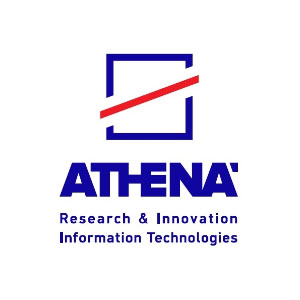
ATHENA Research and Innovation Center (Greece)
Scientist-in-Charge & Coordinator: Ioannis Emiris
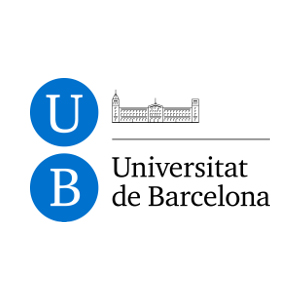
Universitat de Barcelona (Spain)
Scientist-in-Charge: Carlos D’Andrea
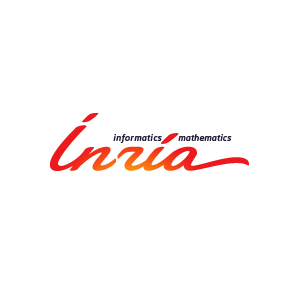
Inria Research Center Sophia Antipolis Mediterranee (France)
Scientist-in-Charge: Laurent Busé
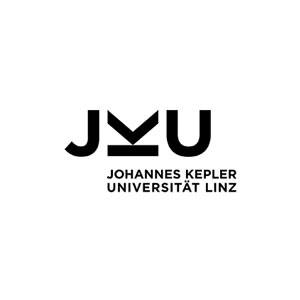
Johannes Kepler Universitat Linz (Austria)
Scientist-in-Charge: Josef Schicho
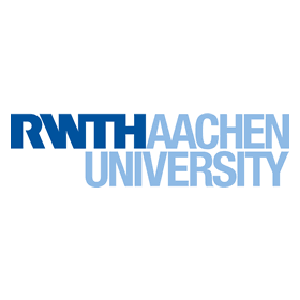
RWTH Aachen University (Germany)
Scientist-in-Charge: Leif Kobbelt

STIFTELSEN SINTEF (Norway)
Scientist-in-Charge: Tor Dokken

University of Strathclyde (United Kingdom)
Scientist-in-Charge: Panagiotis Kaklis

Università della Svizzera italiana (Switzerland)
Scientist-in-Charge: Kai Hormann
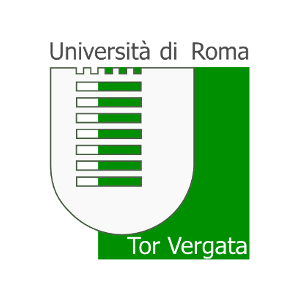
University of Rome Tor Vergata, Department of Mathematics (Italy)
Scientist-in-Charge: Carla Manni
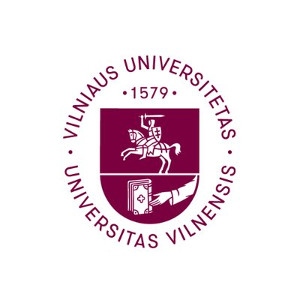
Vilnius University (Lithuania)
Scientist-in-Charge: Rimvydas Krasauskas

GeometryFactory SARL (France)
Scientist-in-Charge: Andreas Fabri / Pierre Alliez
Industrial/Academic partners (non-beneficiaries):
ESR positions
GRAPES offers 15 Early-Stage-Researcher (ESR) positions which allow the researcher to work towards a PhD. The ESRs will be recruited within 2020 for a duration of 36 months. All positions are already filled in. Every ESR will work on an independent research project (detailed below) which will be flexible enough to match the competence and goals of the student.
The ESRs will have secondment visits (internships) to other members of the Network, including industrial partners. The planned secondments are listed below but may change as the individual projects evolve. ESRs will also attend the Network meetings and Training events throughout Europe. A Career Development Plan will be established by the time of recruitment describing the scientific goals and methods, the secondments, any courses to be taken, and the personal, professional and career development of the ESR, and how it shall be achieved.
Marie Sklodowska-Curie ESRs are paid a competitive gross salary of 3,270 €/month, adjusted for their host country, a Mobility Allowance of 600 €/month and, for researchers who have a family, a Family Allowance of 500 €/month. All amounts are subject to deductions and taxes. Family is defined as persons linked to the researcher by (i) marriage, or (ii) a relationship with equivalent status to a marriage recognised by the national legislation of the country of the beneficiary or of nationality of the researcher, or (iii) dependent children who are actually being maintained by the researcher; family status is determined at recruitment and does not evolve.
Requirements
The applicant must:
- Have a Master’s degree in Computer Science, Mathematics or Engineering (or any equivalent diploma).
- Should be — at the date of recruitment — an ‘early stage researcher (ESR)’, i.e. have less than 4 years of a research career, and not have a doctoral degree. The 4 years are measured from the date when they obtained the degree which would formally entitle them to embark on a PhD, either in the country where the degree was obtained or in the country where the PhD is provided.
- Trans-national mobility: The applicant should not have resided in the country where the research training takes place for more than 12 months in the 3 years immediately prior to recruitment, and not have carried out their main activity (work, studies, etc.) in that country. For refugees under the Geneva Convention [1], the refugee procedure (i.e. before refugee status is conferred) will not be counted as ‘period of residence/activity in the country of the beneficiary’.
- Be able to communicate fluently in English (speaking and writing). Oral interview with the prospective advisor may be required.
Individual Projects (PhDs)
- ESR1; Institution: ATHENA Research and Innovation Center, Athens, Greece;
Title: Optimised predicate toolbox for geometric design and processing; Advisor: I. Emiris - ESR2; Institution: ATHENA Research and Innovation Center, Athens, Greece;
Title: Deep learning of 3D shapes for retrieval; Advisor: I. Emiris - ESR3; Institution: U. Barcelona, Barcelona, Spain;
Title: Extraction of geometric primitives from 3D point clouds; Advisor: C. D’Andrea - ESR4; Institution: U. Barcelona, Barcelona, Spain;
Title: ML and interactive 3D visualisation of temporal point clouds for predicting morphological changes; Advisor: M. Salamo - ESR5; Institution: INRIA, Sophia Antipolis, France;
Title: Generation of valid high-order curved meshes; Advisor: L. Busé. - ESR6; Institution: INRIA, Sophia Antipolis, France;
Title: Modelling and simulation using analysis-suitable subdivision surfaces and solids; Advisor: B. Mourrain - ESR7; Institution: JKU, Linz, Austria;
Title: Algebraic methods in multiview geometry; Advisor: J. Schicho - ESR8; Institution: RWTH Aachen, Aachen, Germany;
Title: Machine Learning for Geometric design; Advisor: L. Kobbelt - ESR9; Institution: SINTEF, Oslo, Norway;
Title: Geometric modelling for evolutionary deep learning architecture design; Advisor: T. Dokken - ESR10; Institution: U. Strathclyde, Glasgow, UK;
Title: Shape optimisation via IGA, locally refinable parametric modellers and dimensionality reduction; Advisor: P. Kaklis - ESR11; Institution: USI, Lugano, Switzerland;
Title: Geometric deep learning for shape analysis; Advisor: M. Bronstein - ESR12; Institution: USI, Lugano, Switzerland;
Title: Barycentric rational curves and surfaces ; Advisor: K. Hormann - ESR13; Institution: U. Tor Vergata, Rome, Italy;
Title: Multi-degree spline technologies for isogeometric analysis; Advisor: C. Manni - ESR14; Institution: U. Vilnius, Vilnius, Lithuania;
Title: Circular meshes and cyclidic splines of arbitrary topology; Advisor: R. Krasauskas - ESR15; Institution: GeometryFactory, Sophia Antipolis, France;
Title: Piecewise smooth reconstruction of 3D scenes from raw point sets; Advisor: P. Alliez
